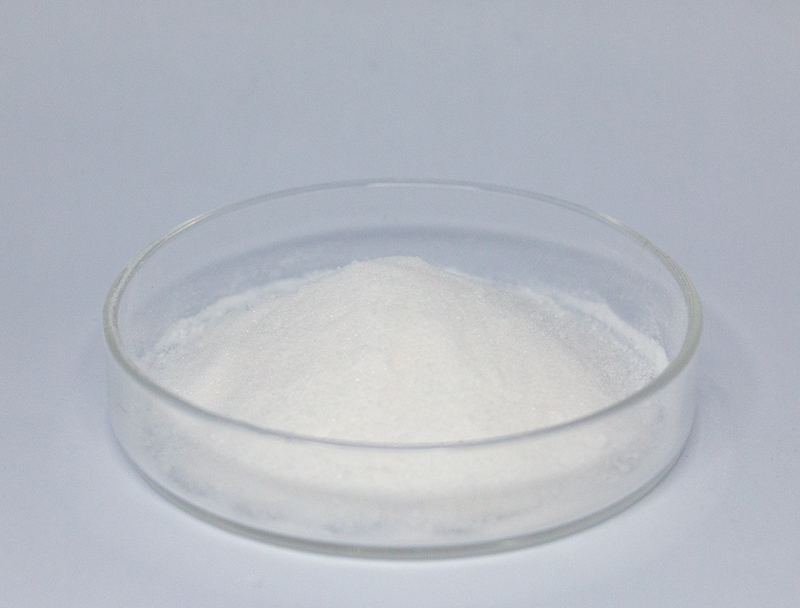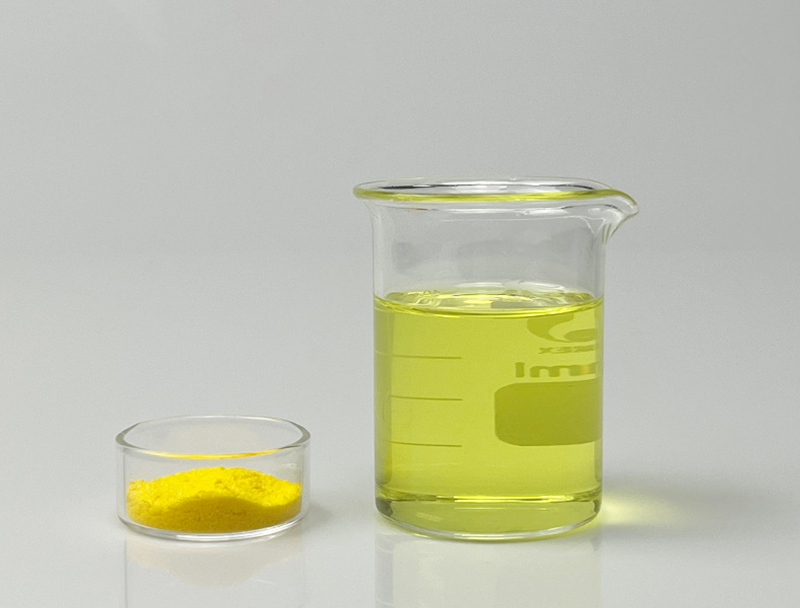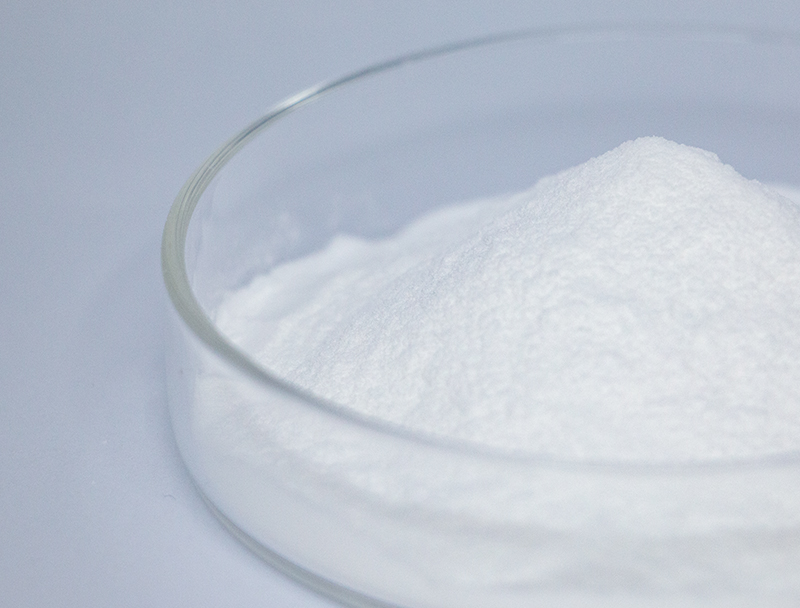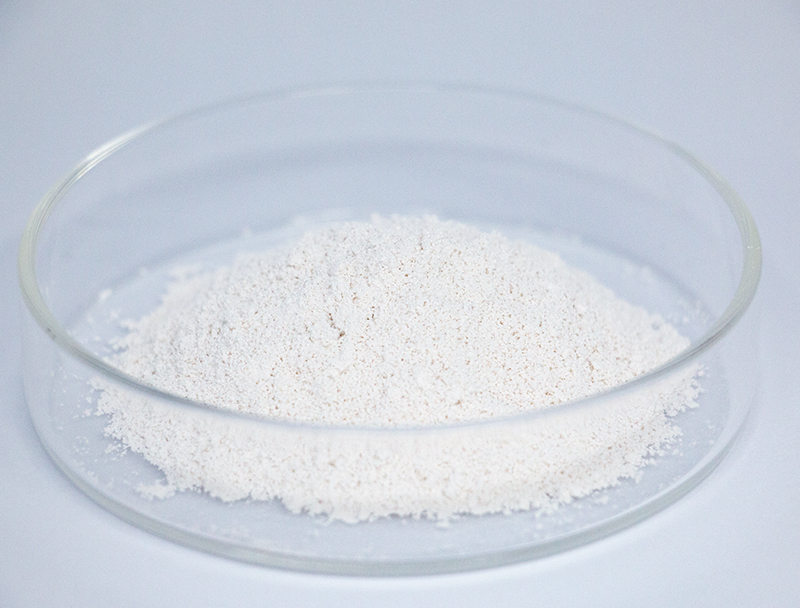high-compatibility eco-conscious goods regulated biotechnology

Biotech manufacturing draws predominantly from a wide assortment of primary inputs to manufacture advanced biological products.
Guaranteeing ethical acquisition of feedstocks is paramount for the long-term viability and ethical growth of the industry.
several issues arising from typical material sourcing for instance pollution and systematic depletion of reserves. Therefore, biomanufacturing companies must actively seek out alternative sourcing strategies to minimize their ecological footprint.
- Models of sustainable material sourcing include:
- Harnessing secondary biomass from farming outputs
- Operating reuse-focused platforms to lower discard and increase efficiency
- Collaborating with regional vendors focused on fair procurement
Transitioning to green supply models secures ecological benefits and economic upside.
Optimizing Biomass Feedstocks for Enhanced Biofuel Production
Increasing biofuel conversion efficiency is tied to feedstock composition and condition. Analysts tirelessly probe advances to elevate feedstock conversion, resulting in superior production volumes and sustainable energy gains. Initiatives integrate bioengineering to scale biomass production and pretreatment workflows to free fermentable sugars.
- Additionally, researchers are focusing on identifying new sources of biomass, such as algae, waste products, agricultural residues, to expand the range of sustainable feedstocks available for biofuel production.
- Owing to ongoing work the biofuel domain is primed to reach substantial milestones advancing renewable energy adoption.

Advances in Biopharmaceutical Manufacturing: Focus on Upstream Operations
embraces initial workflow stages from growth to harvesting Ongoing innovations have accelerated process enhancement leading to greater yields.
Meaningful breakthroughs include engineered cell strains, enhanced culture formulations, and modular reactor designs. These developments raise yield and cut costs as well as diminish environmental consequences.
- Furthermore, there is a growing trend towards continuous processing in upstream processing, allowing for increased flexibility over the production process.
- Transitioning to refined production methods has the potential to overhaul the industry and expedite new treatments.

Next-Gen Gene Editing for Enhanced Protein Expression
developments in targeted genetic engineering methodologies have modernized drug manufacturing. By precisely targeting genes within host organisms, researchers can enhance the yield of valuable therapeutic proteins. These methods could enable production of accessible and efficient medicines tackling diverse health challenges.
Microbial Approaches to Effective Bioremediation
innovative solutions for sustainable bioremediation, a critical process for addressing environmental pollution. Certain microbes have capacities to biotransform contaminants into nonharmful forms.. By harnessing this natural potential, we can develop environmentally friendly strategies for cleaning up contaminated sites and mitigating the negative impacts of industrial activities.. Study groups probe microbial metabolic diversity to tackle metals, persistent pesticides, and hydrocarbon spills.. These microbes operate in engineered systems or direct environmental applications to metabolize and remove contaminants.
Microbe-based remediation provides compelling advantages over standard remediation methods. These methods are economical and eco-conscious while reducing hazardous secondary waste. Moreover, microbes can be tailored to address specific pollutants with minimal impact on non-target organisms. Research efforts persist to upgrade the potency and implementation of microbial remediation strategies.
The Role of Bioinformatics in Drug Discovery and Development
Computational biology approaches are becoming vital across contemporary drug R&D. From target selection to safety profiling, bioinformatics empowers rapid, data-informed therapeutic design.
- Using extensive genomic, proteomic, and patient data, analysts discover targets and anticipate therapeutic performance.
- Also, in silico modeling of molecular interactions accelerates optimization toward more selective therapeutics.
- Finally, bioinformatics is revolutionizing the drug discovery and development process, accelerating the time to bring safe and effective treatments to patients in need.
Metabolic Engineering Strategies for Enhanced Bioproduct Synthesis
adopts varied approaches to raise biosynthetic yields of beneficial compounds. Techniques span CRISPR-mediated edits to reshape pathways, synthetic control elements to fine-tune expression, and gene imports to grant new biosynthetic abilities.. Through strategic metabolic edits practitioners can markedly increase the synthesis of target products.
The multifaceted strategy promises to reshape sectors like biotech, agritech, and renewable fuel industries.

Barriers and Benefits When Expanding Biopharmaceutical Manufacturing
Expanding production volumes poses difficult barriers yet offers substantial opportunities. Retaining quality standards during scale enlargement is a core difficulty. Managing it necessitates robust automation, high-fidelity monitoring, and powerful analytical capabilities.

Additional complexity arises because biopharma production entails many coordinated stages.. Adapting protocols for industrial scale requires considerable development work and engineering advances.. Despite challenges, the benefits may be considerable. Achieved scale α-Ketoglutaricacid can widen availability of treatments, lower manufacturing costs, and boost financial returns.
Various efforts target the core issues of industrialization. Initiatives involve optimization platforms, high-resolution analytics for process control, and novel manufacturing frameworks.
- Research and development activities are central to evolving manufacturing capacity.
- Regulators are adapting frameworks to speed authorization of novel manufacturing approaches and spur innovation.
Exploring Approval Frameworks for Biopharmaceutical Safety and Effectiveness
Engineering biologic therapies includes robust governance to assure patient safety and measure effectiveness. Biologically based treatments require tailored oversight and production controls beyond those for typical medicines.
Organizations like the FDA and EMA provide essential guidance and set standards for authorizing novel biotherapeutics..
Rigorous testing protocols are mandatory throughout the development lifecycle, from pre-clinical research to post-market surveillance.. The measures work to spot potential hazards and validate that therapies reach demanding safety levels..
Additionally, regulators regularly update methods to match the pace of fast-moving biopharma innovations.. Actions include accepting new technologies and streamlining development channels while safeguarding patient health.

Harnessing Plant Feedstocks to Create Biodegradable Plastics
The rising demand for eco-friendly materials fuels R&D on bio-based alternatives. Bioplastics derived from plant biomass provide a viable route to more sustainable plastic alternatives. Organic feedstocks like cornstarch, cellulose, and sugarcane can be converted to compostable polymers that shrink the environmental footprint of plastics.
Additionally, many plant-based bioplastics show performance characteristics similar to conventional plastics for numerous uses.. Sustained research efforts are necessary to optimize plant feedstocks for mass bioplastic production and enable circularity.
Biotech Innovations Addressing Health and Food Challenges
Modern biotech tools present opportunities to improve global health and stabilize food production. Applying targeted genetic edits, synthetic biology frameworks, and cellular therapeutics, practitioners produce measures to address infectious disease, boost harvests, and upgrade nutritional content.. For example, engineered crops with pest resistance and stress tolerance can increase yields while lowering pesticide use.. Likewise, biotechnology enables new vaccines, novel therapeutics, and improved diagnostics essential to global disease mitigation and better health.. As innovations mature, biotechnology can provide meaningful contributions toward global health and resilient food supplies for future generations.
